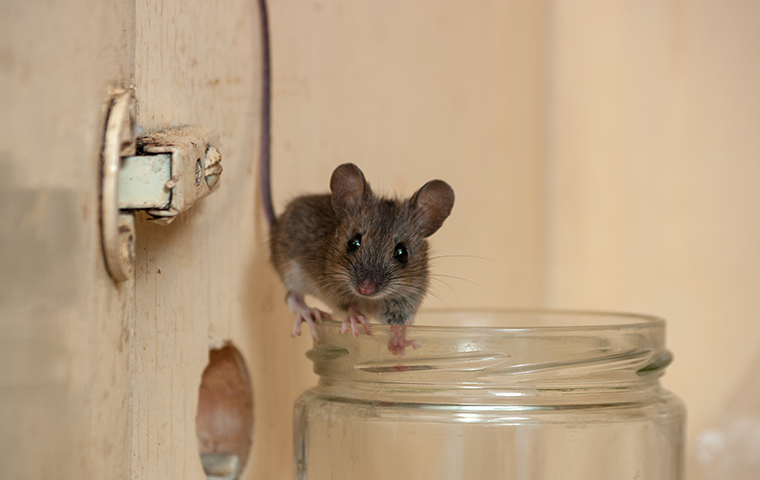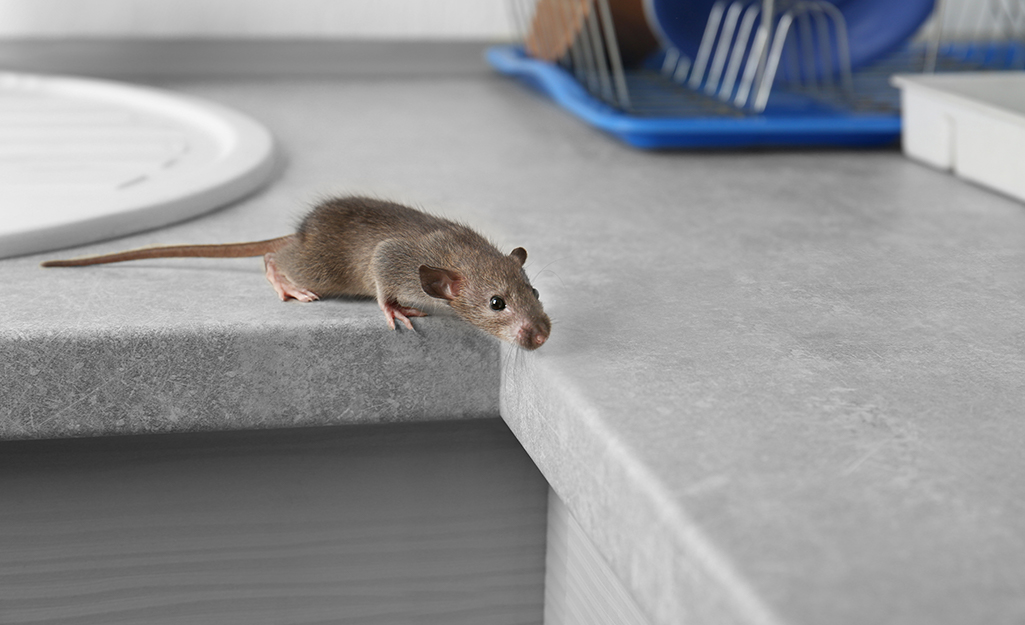Ensuring your food is protected from pests is vital for the well-being of your family. These uninvited guests can contaminate your food, leading to potential health hazards and waste. In this article, well share effective strategies to keep your food safe from pest infestations with practical tips you can implement.

Identifying the Common Pests
Before we jump to prevention techniques, its important to recognize which pests you may encounter. Common nuisances include rodents, ants, cockroaches, and pantry moths. Each type has its own way of infiltrating your space and a preferred habitat within your home, resulting in different extermination methods.
Rodents: Mice and Rats
Rodents are infamous for chewing through various materials to reach food. Not only do their droppings spoil your edibles, but they also pose significant health risks. Regularly inspect for any gnaw marks or holes to catch problems early.
Ants and Cockroaches
Ants are typically attracted to sugary substances, while cockroaches have broader appetites and will consume nearly anything. Keeping kitchen surfaces clean and storing food in airtight containers can greatly diminish the chances of these pests making an appearance.
Pantry Moths
Targeting cereals, grains, and other dry foods, pantry moths thrive in opened packages. To fend them off, immediately transfer dry goods into sealed containers after purchasing.
Prevention Strategies to Keep Food Safe from Pests
Now that weve identified these pests, let's take actionable steps to protect your food. Here are several preventive measures:
Maintain a Clean Kitchen
A tidy kitchen is key to preventing pests. Make it a habit to clean your kitchen daily, paying close attention to areas like counters, sinks, and floors where food particles might linger. For further insights into a clean and pest-free kitchen, check out DIY pest tips.
Proper Food Storage
Investing in airtight containers for pantry staples is a smart move to keep pests at bay. These containers not only help preserve freshness but also act as a barrier against contaminants.
Timely Trash Disposal
Pests are often drawn to garbage just as much as your food. Dispose of waste promptly and make sure to use trash bins with tight-fitting lids to deter rodents and insects from rummaging through your refuse.
Advanced Techniques for Pest Prevention
Sealing Entry Points
Examine your home for any cracks, holes, or potential entry points. Sealing these openings with steel wool or caulk can effectively prevent pests from sneaking inside.
Utilizing Traps and Baits
If youre already facing a pest issue, strategically placing traps and baits can help manage the problem. Tailor your approach based on the specific types of pests youre dealing with for the best results.
Regular Inspections
Its wise to schedule regular inspections for your home and consider professional pest control services when needed. Many pest control companies offer inspections to help identify risks and suggest preventive measures. Learn more about pest control innovations by exploring home pest control.
For additional pest prevention techniques, you may want to visit smart pest systems.

Frequently Asked Questions
How often should I inspect my pantry for pests?
A thorough inspection of your pantry should be conducted monthly. Look for any damaged packaging or signs of infestation, and ensure new and opened products are stored in sealed containers.
Are natural pest repellents as effective as chemical options?
While natural pest repellents can be effective, their success often relies on consistent application and the specific pests you are targeting. Its generally a good idea to combine them with other prevention methods for optimal effectiveness.
Can pests adapt to traps and baits over time?
Yes, some pests may become wary of certain baits or develop resistance. Its advisable to periodically change the type of baits and traps you use to maintain effectiveness.
This article contains affiliate links. We may earn a commission at no extra cost to you.
